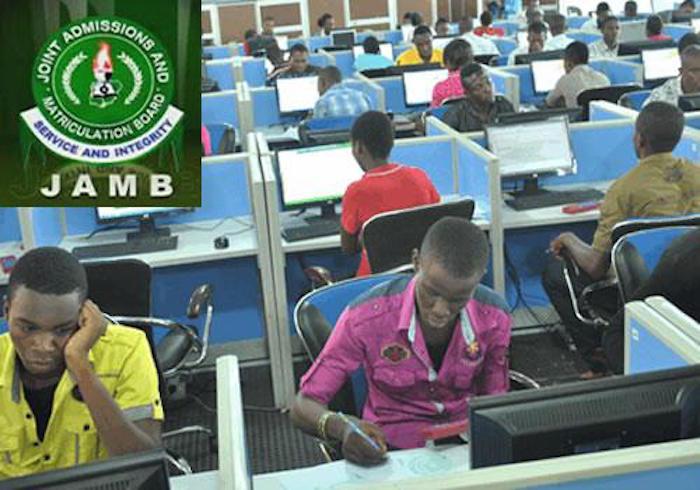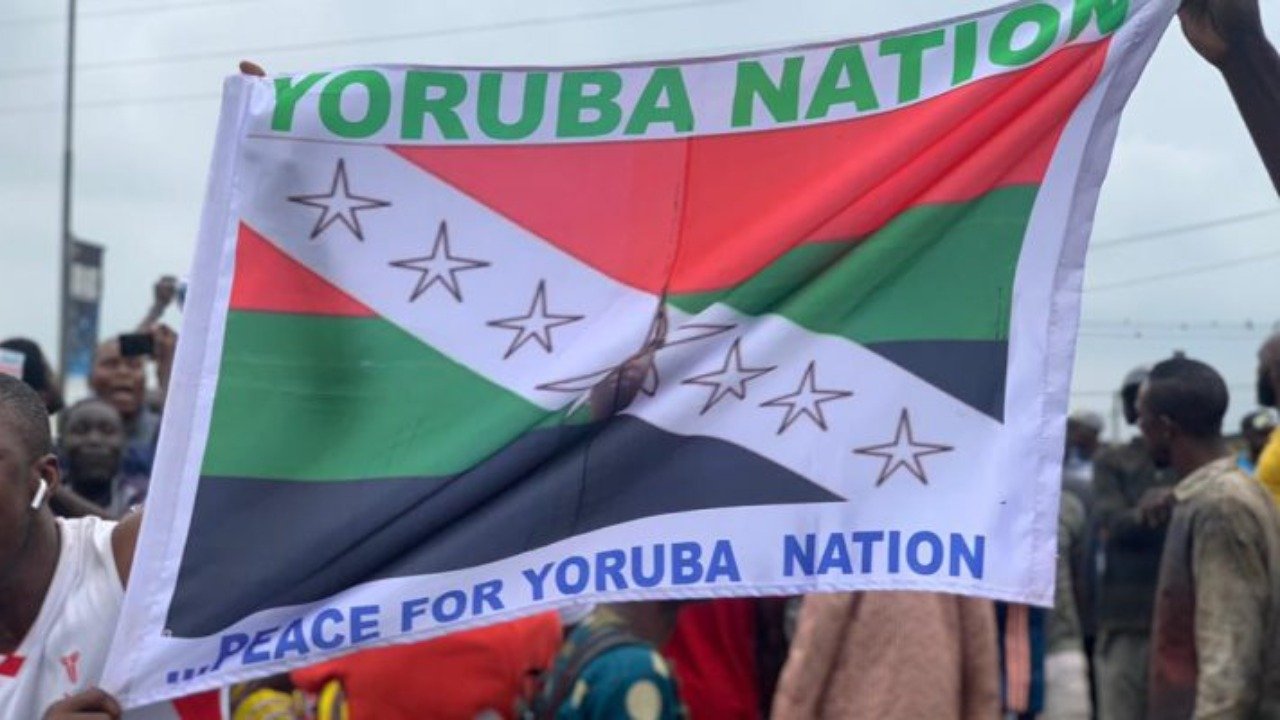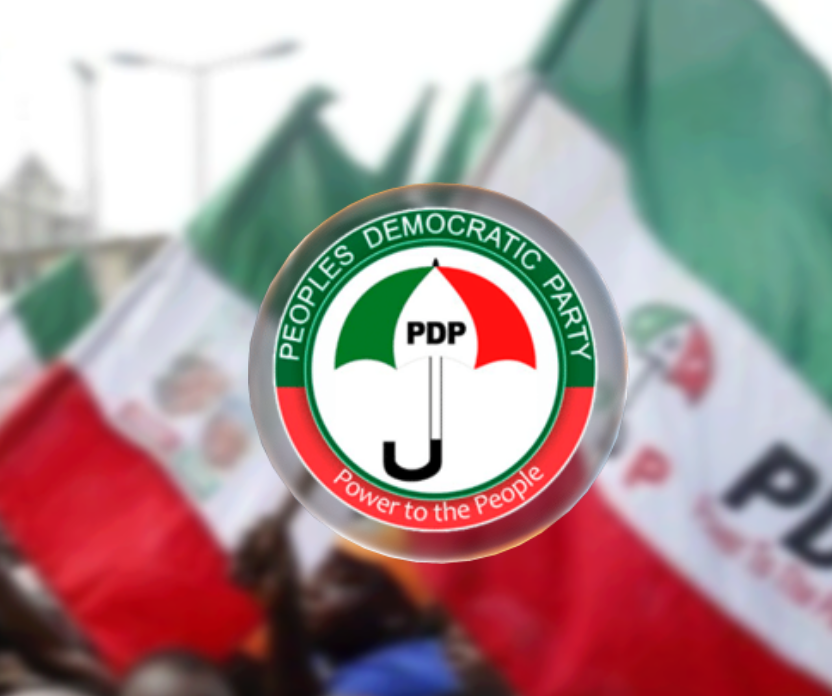The Vice President, Yemi Osinbajo, has said that simple geographical restructuring is not the problem with Nigeria.
He said that prudent management of national resources and providing for the people properly were better ideas for Nigeria’s development challenges.
Laolu Akande, Senior Special Assistant to the President on Media and Publicity, Office of the Vice President, communicated Mr Osinbajo’s view in a statement in Abuja on Monday.
The vice president was fielding questions from a cross-section of Nigerians at a town hall meeting in Minnesota, U.S., on Sunday.
Mr Osinbajo spoke on a wide range of issues covering the economy, anti-corruption, health, agriculture among others.
According to the vice president, the problem with Nigeria is not a matter of restructuring.
He said that Nigerians must not allow themselves to be drawn into the argument that Nigeria’s problems stemmed from some geographical restructuring.
“It is about managing resources properly and providing for the people properly, that is what it is all about.
“I served for eight years as Attorney General in Lagos State and one of the chief issues that we fought for in Lagos State was what you call fiscal federalism.
“We felt that there was a need for the states to be stronger, for states to more or less determine their fortunes.
“For example, we went to court to contest the idea that every state should control, to a certain extent, its own resources; we were in court at that time up to the Supreme Court and the court ruled that oil-producing states should continue to get 13 per cent derivation.
“While we were at the Supreme Court only the oil-producing states and Lagos were interested in resource control, everybody else was not interested in resource control for obvious reasons.
“Now, that is the way the argument has always gone, those who have the resources want to take all of it, while those who do not have want to share from others.”
He said that Nigeria must create the environment that allowed for people to realise themselves economically because that truly was what the challenge was with Nigeria.
Mr Osinbajo said that unless Nigerians were able to deal with the fundamental questions around corruption, their economic circumstance would keep going one step forward, two steps backwards.
“All that we have been able to deal with is grand corruption. When we started the TSA, the whole point was to aggregate all of the funds of government that were in private banks.
“So, we put all of the money in the central bank so that we could at least see the movement of money and by doing so, we were able to save 50 per cent of the corruption that was going on then.”
Relying on OPEC statistics on oil revenues accruable to Nigeria under successive administrations between 1990 and 2014, the vice president said not much was done in infrastructure development in spite of the huge oil revenues earned.
He said that under the Babangida/Abacha administrations (1990 – 1998) Nigeria realised 199.8 billion dollars.
Under the Obasanjo/Yar’Adua governments (1999 – 2009), the country got 401.1 billion dollars; and during the Jonathan administration (2010 – 2014), Nigeria got 381.9 billion dollars from oil, Osinbajo said.
“The question that we must all ask is that what exactly happened to resources? The question that I asked is that where is the infrastructure?
“One of the critical things that we must bear in mind and see is that this government despite earning 94 billion dollars, up until 2017, we are spending more on infrastructure and capital than any previous government, so we are spending N1.5 trillion on capital, that is the highest we have spent since 1990.”
In the area of agriculture, Mr Osinbajo said that the target was to attain self-sufficiency in the production of rice, tomato, among others.
According to him, the government is doing a lot of work in agriculture as it has increased local production such that Nigeria is no longer spending five million dollars daily on rice import.
“Today, we are doing 11 million metric tonnes of paddy rice and are now importing only 2 per cent of what we used to import,” he said.
Nigeria’s Ambassador to the US, Mr Sylvanus Nsofor, led other Nigerians to the meeting.
(NAN)

 News6 years ago
News6 years ago
 Featured6 years ago
Featured6 years ago
 Boss Picks6 years ago
Boss Picks6 years ago
 Headline6 years ago
Headline6 years ago
 Headline6 years ago
Headline6 years ago
 Headline5 years ago
Headline5 years ago
 Headline6 years ago
Headline6 years ago
 Headline6 years ago
Headline6 years ago













